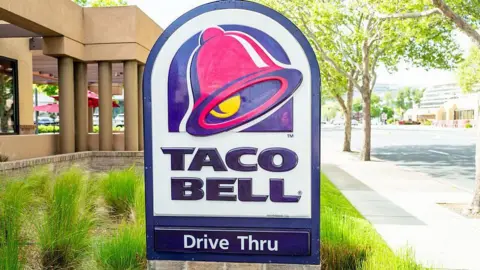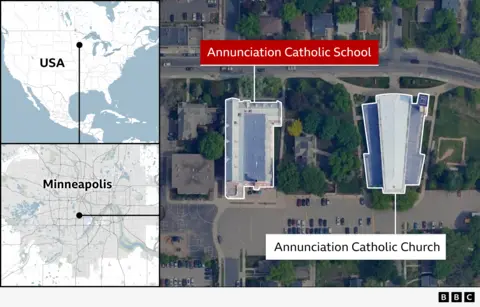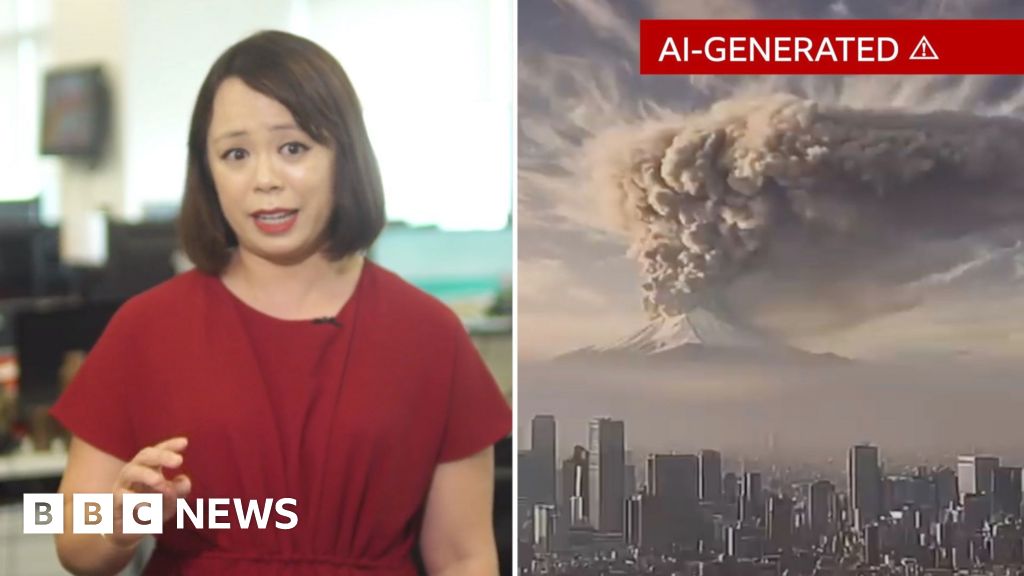---
Pope Leo XIV has addressed a significant concern regarding human dignity amidst the growing influence of artificial intelligence (AI) during the Vatican's first Mass dedicated to Catholic social media influencers. Speaking at St Peter's Basilica, the Pope emphasized that "nothing that comes from man and his creativity should be used to undermine the dignity of others." This statement comes as part of a broader discourse on the responsibility of technology to serve the interests of all humanity.
During his remarks, delivered at the Jubilee of Youth—a week-long gathering that occurs every 25 years—Pope Leo XIV articulated a vision for the future where technology fosters communication and compassion rather than division. He urged attendees to reflect on the importance of “our ability to listen and speak” in this "new era" characterized by rapid technological advancements.
"Be agents of communion, capable of breaking down the logic of division and polarization, of individualism and egocentrism," the Pope charged social media influencers, noting their potential impact on society. He has been vocal about the ethical responsibilities accompanying AI and other technological developments since his election in May.
As the first pontiff from the United States, Pope Leo XIV brings a unique background to the papacy. Born in Chicago, he studied mathematics at Villanova University before dedicating his life to the Church. Though he served in Peru, his roots and ongoing connections in the U.S. remain influential in his work, especially concerning marginalized communities.
Pope Leo XIV's comments reflect a growing awareness within religious and ethical discussions surrounding the implications of AI, echoing similar calls for justice and dignity in the digital age. His advocacy comes not only as a reminder of individual responsibility but also as a call to action for collective efforts to navigate the complexities posed by modern technologies.
Pope Leo XIV has addressed a significant concern regarding human dignity amidst the growing influence of artificial intelligence (AI) during the Vatican's first Mass dedicated to Catholic social media influencers. Speaking at St Peter's Basilica, the Pope emphasized that "nothing that comes from man and his creativity should be used to undermine the dignity of others." This statement comes as part of a broader discourse on the responsibility of technology to serve the interests of all humanity.
During his remarks, delivered at the Jubilee of Youth—a week-long gathering that occurs every 25 years—Pope Leo XIV articulated a vision for the future where technology fosters communication and compassion rather than division. He urged attendees to reflect on the importance of “our ability to listen and speak” in this "new era" characterized by rapid technological advancements.
"Be agents of communion, capable of breaking down the logic of division and polarization, of individualism and egocentrism," the Pope charged social media influencers, noting their potential impact on society. He has been vocal about the ethical responsibilities accompanying AI and other technological developments since his election in May.
As the first pontiff from the United States, Pope Leo XIV brings a unique background to the papacy. Born in Chicago, he studied mathematics at Villanova University before dedicating his life to the Church. Though he served in Peru, his roots and ongoing connections in the U.S. remain influential in his work, especially concerning marginalized communities.
Pope Leo XIV's comments reflect a growing awareness within religious and ethical discussions surrounding the implications of AI, echoing similar calls for justice and dignity in the digital age. His advocacy comes not only as a reminder of individual responsibility but also as a call to action for collective efforts to navigate the complexities posed by modern technologies.






















